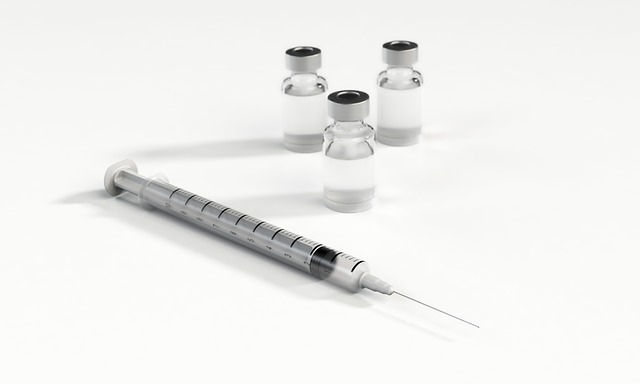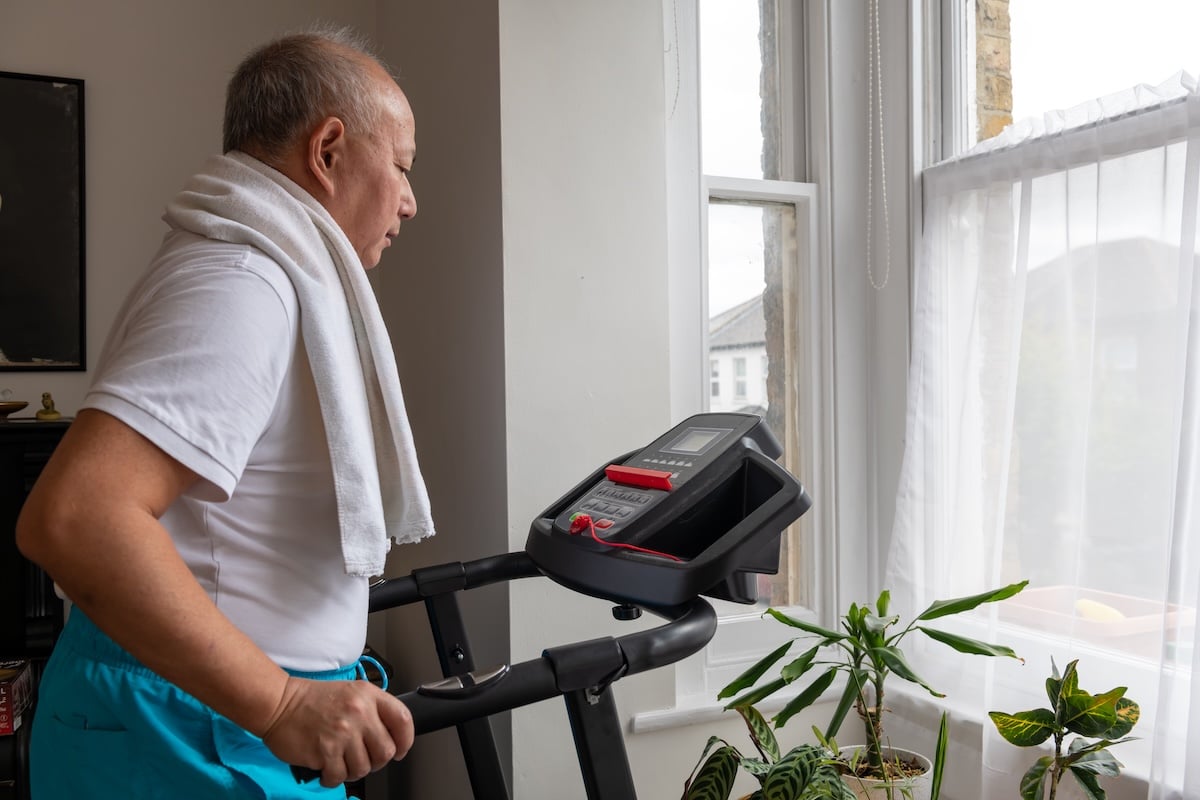Along with an annual flu shot, you’ve likely had a health care provider recommend a shingles vaccine if you’re 60 or older. That’s because shingles, a painful, contagious rash that develops after the reactivation of the chickenpox virus, can cause serious complications. But if you’re like most older adults, you may be questioning whether you actually need the shingles vaccine. Here’s what you need to know.
What is shingles?
Unlike the flu or most diseases you get vaccinated against, shingles isn’t transmitted through the air or by coming in contact with an infected surface. If you’ve had the chickenpox, the virus is already inside you. While it’s not clear what makes the virus reactivate, medical professionals theorize a weakened immune system — more common in those over age 60 — increases your risk. Once you develop the telltale rash, you can transmit the virus to anyone who’s not immune to chickenpox. Transmission happens through direct contact with open sores from the rash.
The shingles vaccine: 2 options
In addition to Zostavax, the Food and Drug Administration recently approved Shingrix. According to the Mayo Clinic, Zostavax is a live vaccine given as a single injection, while Shingrix is a nonliving vaccine given in two doses with six months between doses.
Zostavax gives you protection from the virus for about five years, but it’s not recommended until you are 60 or older. Though it hasn’t been proven, some studies suggest Shingrix can give you protection beyond five years, and you can receive it beginning at age 50.
The Advisory Committee on Immunization Practices has recommended Shingrix should get preference over Zostavax, and if people have already received Zostavax they should also receive Shingrix.
Another reason Shingrix appears to be more effective than Zostavax? The new vaccine contains a substance that boosts the response of the immune system, and because it does not contain a live virus, it may be more appropriate for those with weakened immune systems.
Who should not get a shingles vaccine?
The CDC recommends you should not get the Zostavax vaccine if you have had a severe allergic reaction to gelatin or the antibiotic neomycin. Or if you have a weakened immune system due to:
- HIV or AIDS
- Treatment with drugs that affect the immune system like steroids
- Cancer treatments like radiation or chemotherapy
- Cancer affecting the bone marrow or lymphatic system
If you have an acute severe illness, or a temperature of 101.3 degrees or higher, you should wait until your fever is gone or you feel better to get vaccinated.
Is a shingles vaccine covered by Medicare?
According to Medicare.gov, a shingles vaccine is not covered by Medicare Part A or Medicare Part B. However, Medicare Part D does cover all commercially available vaccines that are used to prevent illness, the shingles shot included.
If you have questions about your Medicare coverage, contact your Medicare drug plan for help. And if you have questions or concerns about shingles or your vaccine options, talk with your doctor.














